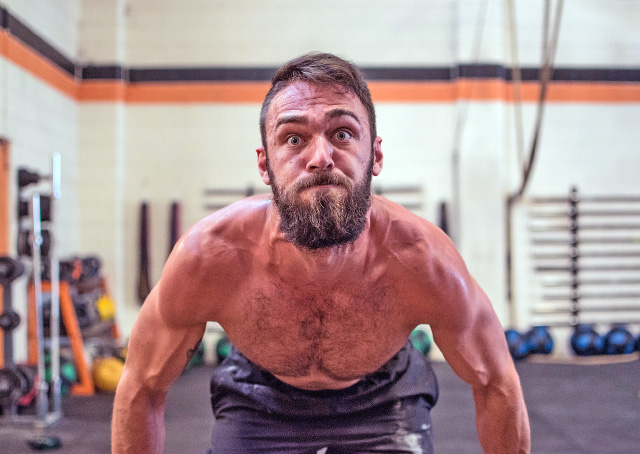To maximize your fitness test performance, you need to ensure your body is adequately prepared physically, nutritionally and mentally. Your nutritional state can affect your performance in many ways. There are a few things you can do to make sure you are ready to perform at your peak, and ensure that the fitness testing reflects your true ability.
The food and drinks you consume before testing can influence the following;
- Optimum fuel levels for maximum energy
- Best hydration levels, as dehydration can have negative impacts on performance
- Annoying hunger pains during a session
- Feelings of over-fullness, or stomach discomfort
- Unwanted visits to the toilet.
Nutrition Tips to Consider:
The day before the testing
- You want to eat a fairly typical meal plan, with nothing unusual or that you have never eaten before
- Ensure you eat adequate carbohydrates (quantity will depend on the type of testing) but most physical fitness tests will be utilizing valuable glycogen stores. Minimum of 4g/kg BM. Examples include pasta, rice breads, fruits and starchy vegetables
- Avoid anything that is extremely high in fiber, like beans, lentils or chickpeas (especially if you don't usually eat them), as they can cause unwanted gas in the stomach or flatulence
- Ensure you drink adequate fluids the day before, so you wake up well hydrated. You want to avoid having to drink too much the morning of testing
- Avoid alcohol consumption the night before testing, this adds to dehydration levels.
The day of testing
- Where possible, consume a light meal about 2 hours prior to testing. If it
has to be less than this, you should keep the meal really light and easy to
digest. If the meal needs to be more than 2 hours prior, then you should
have a small snack to top up energy stores in the hour or so just before
the test, which could be a liquid option (like sports drink, juice, milk
drinks) if you are nervous or can't tolerate solid foods. The ideal type of meal will vary from athlete to athlete, but should follow
these guidelines;
- High in carbohydrates to top up fuel stores
- Low in fiber, to aid stomach comfort
- Low in fat and protein, so it's easy to digest
- Something familiar, nothing new!
 watch what you eat before testing day
watch what you eat before testing day- What you choose will depend on the time of the day, and what you usually
consume. Some examples include;
- Bowl of cereal with milk
- Sliced banana with yogurt
- Toast with honey, and a piece of fruit
- Fruit toast and a glass of light milk
- Fruit smoothie
- Bowl of pasta with tomato-based sauce
- Low-fat noodles with a soy dressing
- It is advisable to eat something before testing, as your fuel stores may be depleted after overnight fasting, and will need topping up.
- Aim to sip on fluids in the hours prior to testing rather than consuming a large volume before starting. This will stop the bladder from being too full at the start of testing. Also consuming some sports drinks will help to retain the fluids, rather than feeling the need to urinate. Nerves can also make you feel like you need to go to the toilet, so follow the urge if this happens, to improve comfort.
- The amount of fluids to consume prior to testing will depend on the environmental conditions. The hotter the temperature and higher the humidity the more fluids that need to be consumed to avoid dehydration.
- Avoid caffeine products (such as coffee, cola or tea) on the morning prior to testing, to avoid the need to urinate.
During the testing session
- Drink water regularly throughout the testing session, especially if conditions are hot and humid
- If it's a long session, particularly over a meal time, bring easy to digest carbohydrate-based snacks, like fruit, muesli bars, jam sandwich. Eat them when you have sufficient break time.
Aim to follow the same guidelines each and every time you do testing sessions, to ensure your results are comparable. Happy fueling and Good luck!
Fitness Testing Guide
Download your free copy of the Topend Sports' Fitness Testing Guide — a guide for you to plan, conduct, analyze and interpret fitness testing of athletes.
Related Pages
- Guidelines for Preparing for Testing — physical and nutritional preparation
- Preparation for Fitness Testing — information sheet for athletes
- Warm ups for Fitness Testing
- Fitness Test Results Recording Sheet — standard blank sheet for recording results
- Guide to Conducting Fitness Tests
- About Sports Nutrition
- More articles by Clare Wood


 Current Events
Current Events